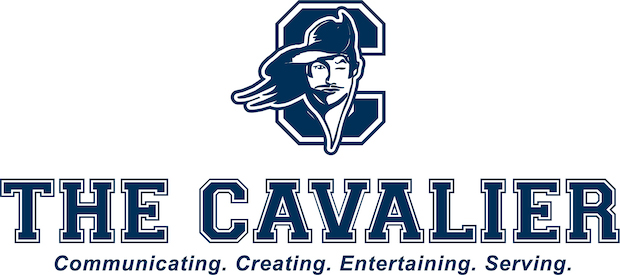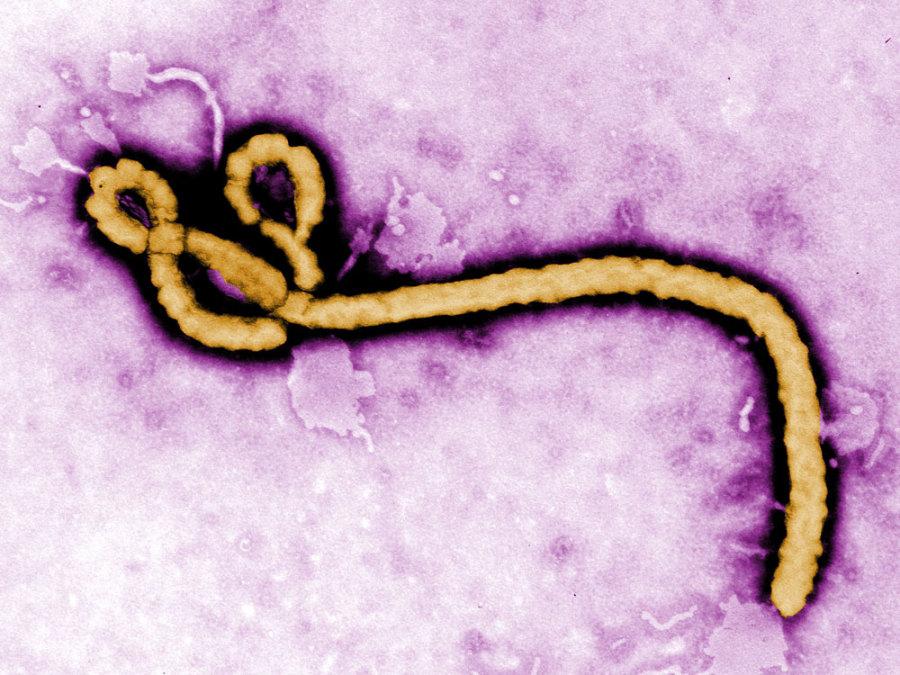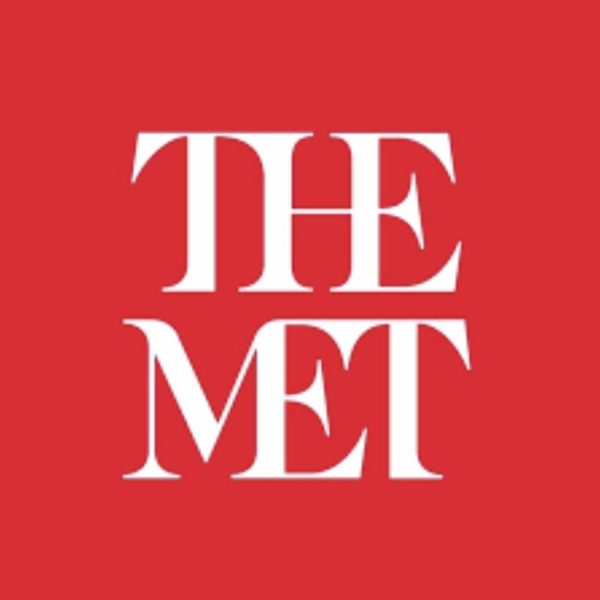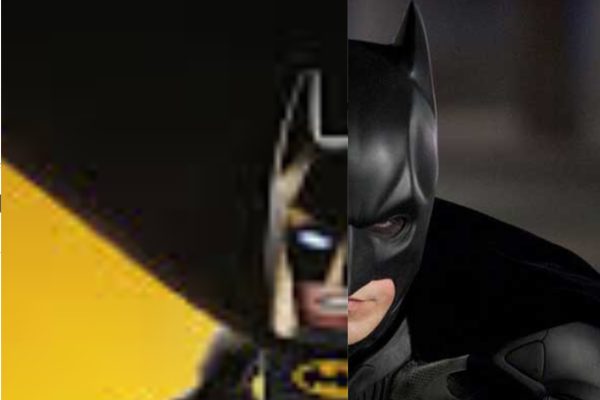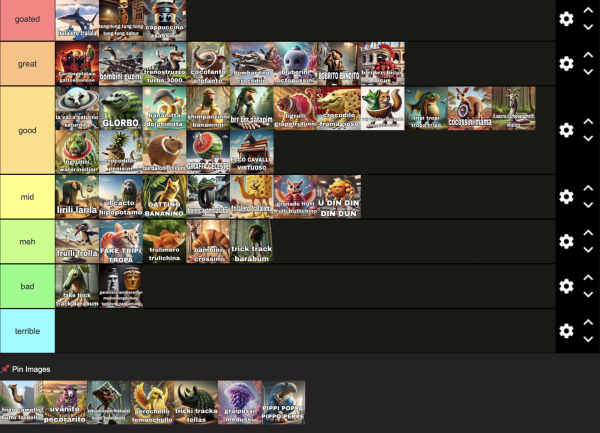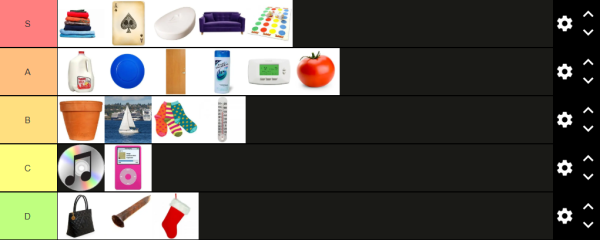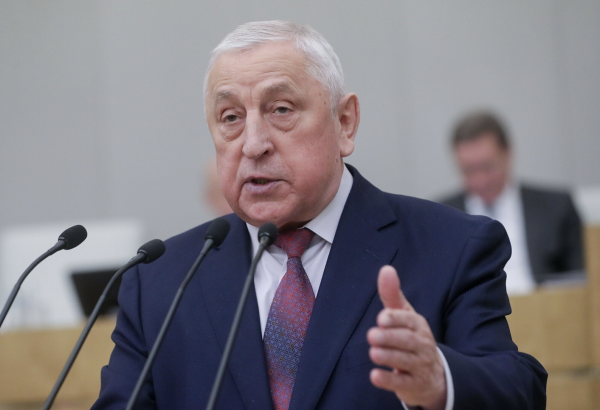The West African Ebola Outbreak
The Ebola epidemic has claimed many lives in the West African countries of Guinea, Liberia, Nigeria, and Sierra Leone. According to the World Health Organization, Ebola, with a fatality rate of up to 90%, is “one of the world’s most virulent diseases” The virus is named after the Ebola River in the Republic of Congo, where one of the first outbreaks of the virus occurred. As of August 26, 2014, Ebola, also known as “Ebola Virus Disease,” has taken 1,552 lives out of the 3,069 affected victims. The World Health Organization says this is the worst recorded outbreak. Although the Ebola outbreak poses no huge risk for the United States, the overall death toll is estimated to exceed over 20,000.
In Africa, the source of the Ebola strains is believed to be from people handling dead animals or being in contact with infected fruit bats. People then spread the virus among themselves by means of direct contact through bodily fluids and shared contaminated needles. The symptoms of Ebola, which usually appear eight to ten days after infection, include a fever over 101.5 degrees Fahrenheit, headache, muscle and stomach pain, vomiting and unexplained bruising or bleeding. Treatments for the Ebola Virus include compumption electrolytes and fluids, maintenance of oxygen and blood pressure, and treating fevers or any other infections that may arise.
Several flights to West African countries have been canceled and the borders of many countries have been closed off in order to take precautionary measures. Some college campuses in the United States will be screening students coming from West Africa for Ebola. According to the federal government, a total of 10,196 West African students are enrolled in U.S. Universities. A vaccine for the Ebola virus will start clinical trials soon. If the trials go well, a larger trial will begin in the affected countries by early 2015. Dr. Anthony Fauci, who will oversee these trials, believes that even if the vaccine is effective, it will not be the solution to this situation. According to the Voice of America, Dr. Fauci states, “we have an ongoing epidemic. We do not have a vaccine, so that’s a hypothetical. We do not have drugs, so that’s a hypothetical. Right now, what we do have is the possibility of infection control, isolation, quarantine and contact tracing. That is what is going to bring this epidemic under control.”
Two American medical missionaries, Nancy Writebol and Dr. Kent Brantly, were cured of Ebola, after being rushed to the Emory University Hospital in Atlanta. A new experimental drug called “ZMapp” was tested on the patients as a last resort. “They are the very first individuals to have ever receive this agent,” said Dr. Bruce Ribner, director of Emory’s Infectious Disease Unit. NBC states, “There is no prior experience with it, and frankly, we do not know whether it helped them, whether it made no difference, or even, theoretically, if it delayed their recovery.” A third American doctor, Dr. Rick Sacra, is being treated at the Nebraska Medical Center, after working in a Liberian Hospital. He is tolerating the experimental drugs, however his recovery remains uncertain. Another American was also infected and this fourth patient will begin treatment at the Emory University Hospital soon.
